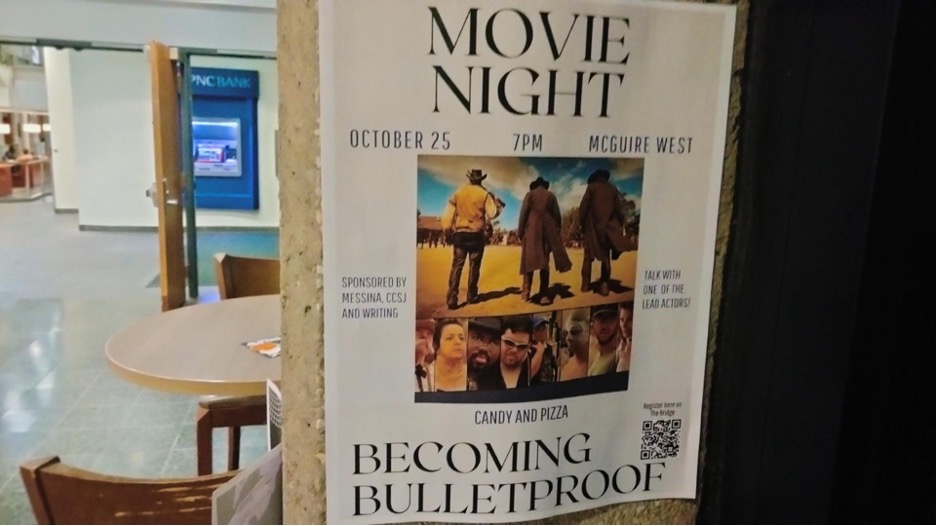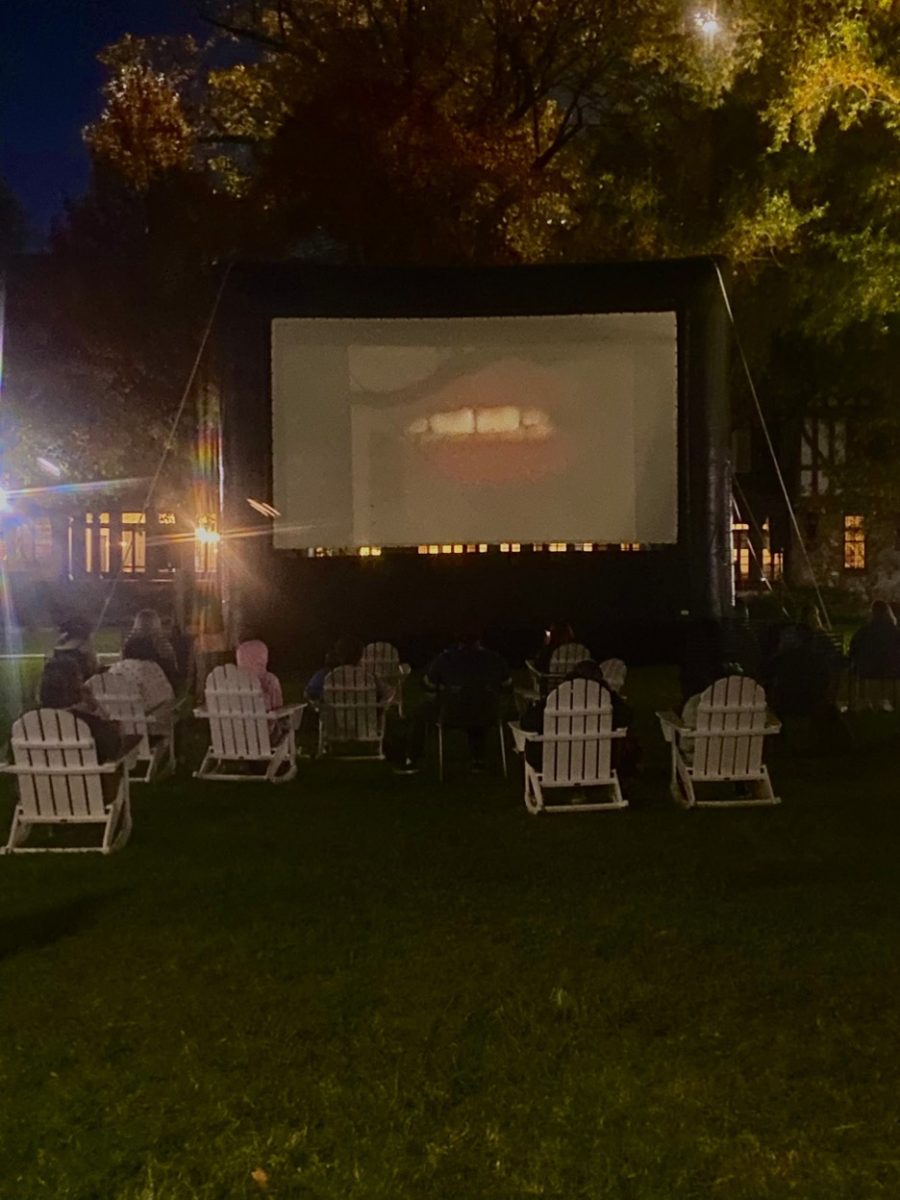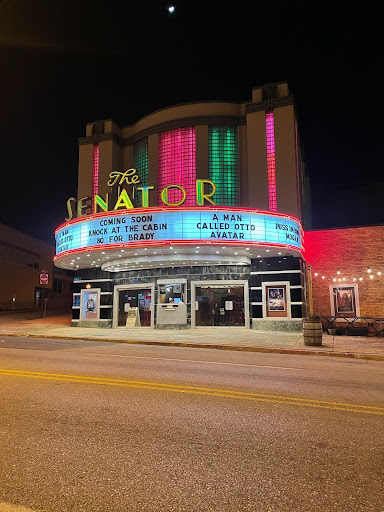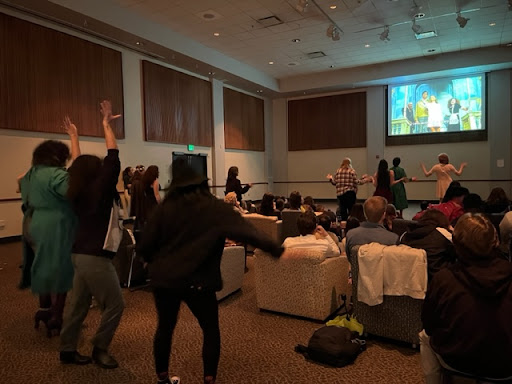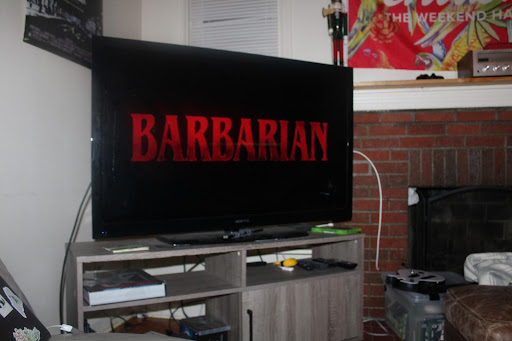
Warning: This article contains spoilers.
“The Woman King,” starring Viola Davis, is based on the true story of the Dahomey Amazons, also known as the Agojie, an all-female military of the African Kingdom of Dahomey. The story is set in Dahomey, a kingdom in Benin, under attack by European slave traders in the 18th century.
Nanisca, played by Viola Davis, a warrior known for her critical thinking and fighting skills, is tasked to train the new generations of females in her village to prepare them to fight against the Oyo Empire Soldiers. Anaiya Jones ’24 viewed the training montages as the most important part of the film.
Jones said, “A particular scene that was important was the training montages. It was important because they displayed passion and determination to be strong.”
As a result of her practice, Nanisca formed a bond with another trainee, Nawi, who challenged her to let go of the demons of her past that had been negatively impacting her emotions for several years. Through their combined efforts and the support of the other warriors, they were able to free the people of Dahomey from the captors and avenge the deaths of their warriors. This forced the Oyo Empire Soldiers to lose control and power over their people.
Throughout the film, the audience is taken on a journey through different types of emotions, mainly because of the unfortunate stories of the main characters. These characters underwent different life struggles that caused them to become warriors to escape them. This illustrates the different stereotypes of women portrayed in movies, such as emotional, overly feminine, and caretakers. This film challenges these stereotypes by depicting a more relatable woman that is a strong warrior.
Trinity Robertson ’26, thought the movie highlighted women’s journey of self discovery.
“The movie is an inspiring representation that opens up the opportunity to guide a young girl or woman during their journey of self-discovery and love,” Robertson said. “For instance, because of this type of representation, I am given the chance to see myself within the characters, allowing myself to become part of the movie.”
As a whole, the movie emphasized the hardships that women, particularly African women, are put through, such as early marriages, violence, and sexual abuse. It brought light to the history of slavery that took place in African countries during the early centuries. To many, the movie is viewed as a historical tale. The story, however, has been considered inaccurate by some due to the backstory of the Dahomey female warriors who were notorious for selling their people to slave traders for power and wealth. In contrast, the movie portrays them as women fighting for their people’s rights and freedom.
The film reflects women’s empowerment, gender equality, and racial justice, making the storyline relatable to many, despite its historical inaccuracy. The movie contained many positive elements that the audience could retain, such as not letting fear stand in the way of doing what is right. The movie is definitely worth watching if you’re looking for a film that will make you reflect on life lessons.
Michaela Chambers ’25 shares why she believes the movie is worth watching.
“A movie about women’s empowerment is worth watching because we once lived in a society where women did not have equal opportunities and women were not seen as equals,” Chambers said. “Seeing us come so far in terms of women’s rights and really proving how strong and how truly capable we are is something worth recognizing.”
“The Woman King” is now showing at the Senator Theatre. For more information, visit their website.
Featured Image courtesy of Kiliane Gateau.












































































































